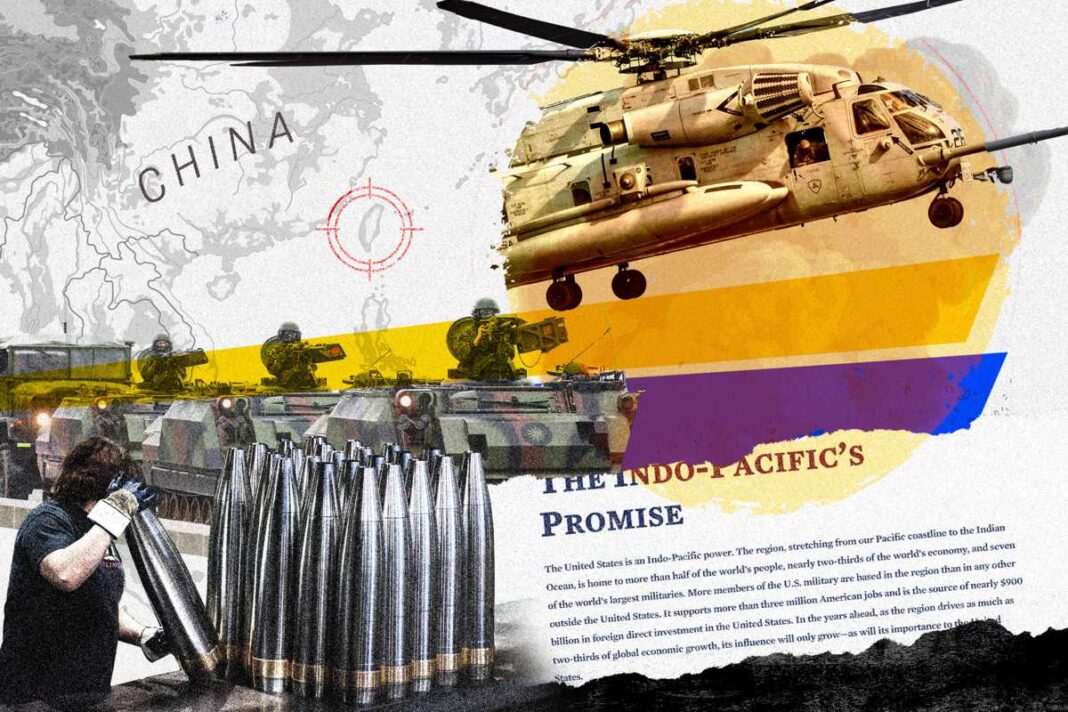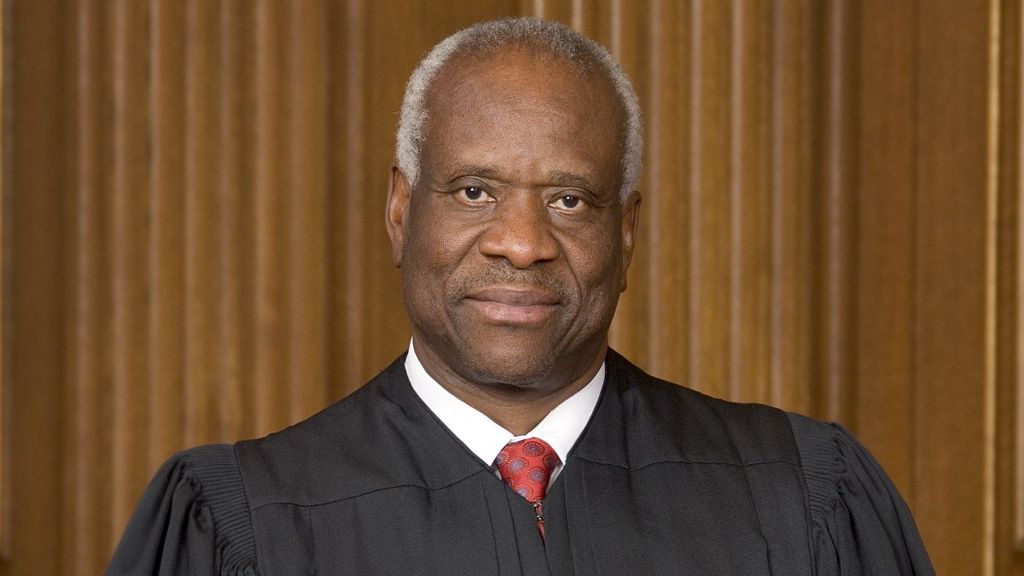‘Despite these historic clashes in Europe and the Middle East, the Indo-Pacific has remained our priority theater of operations,’ says US Secretary of Defense
When the White House released its second Indo-Pacific strategy in February 2022, senior officials said “no region will be more vital to the United States in the future and that American security and prosperity fundamentally depend on that of the Indo-Pacific.”
Two weeks later, Russia invaded Ukraine. Then, last October, Hamas attacked Israel. In late May, the United States and Germany allowed Ukraine to strike targets on Russian soil using weapons they supply. Anticipating the move from the United States and other NATO countries, Russian President Vladimir Putin warned that a third world war has “crept up unnoticed.”
The United States is simultaneously entangled in escalated conflicts in all three security fronts—Europe, the Middle East, and the Indo-Pacific—and the nexus of foreign adversaries—China, Russia, Iran, and North Korea—is coming together like never before.
Meanwhile, China has kept up its gray zone tactics in the South China Sea, harassing ships from other countries without triggering their defense treaties with America. Various U.S. military leaders, including Adm. John Aquilino, former Indo-Pacific Commander who retired in early May, have warned that China intends to be ready to invade Taiwan by 2027.
Russia and China have significantly increased their military spending to be on a war footing. They announced their “no limits” partnership shortly before Russia’s invasion of Ukraine and reaffirmed it in May.
China and Russia have been strengthening their naval cooperation through joint drills in the Indo-Pacific, and the fourth China-Russia-Iran joint military exercise was conducted in the Arabian Sea two months ago.
Iran has supplied drones to Russia, and North Korea has sent artillery rounds. The United Nations warned in April that Iran was “weeks rather than months” away from having enough highly enriched uranium to make nuclear bombs.
Have the two regional wars and the associated emergencies distracted the United States from its priority in the Indo-Pacific? U.S. government officials say “no.”
By Terri Wu









